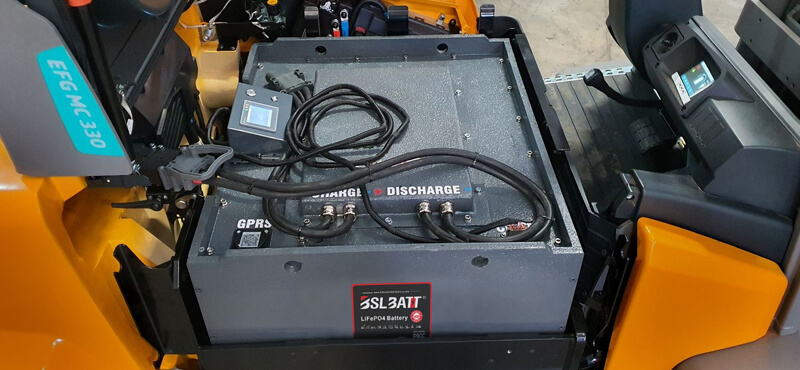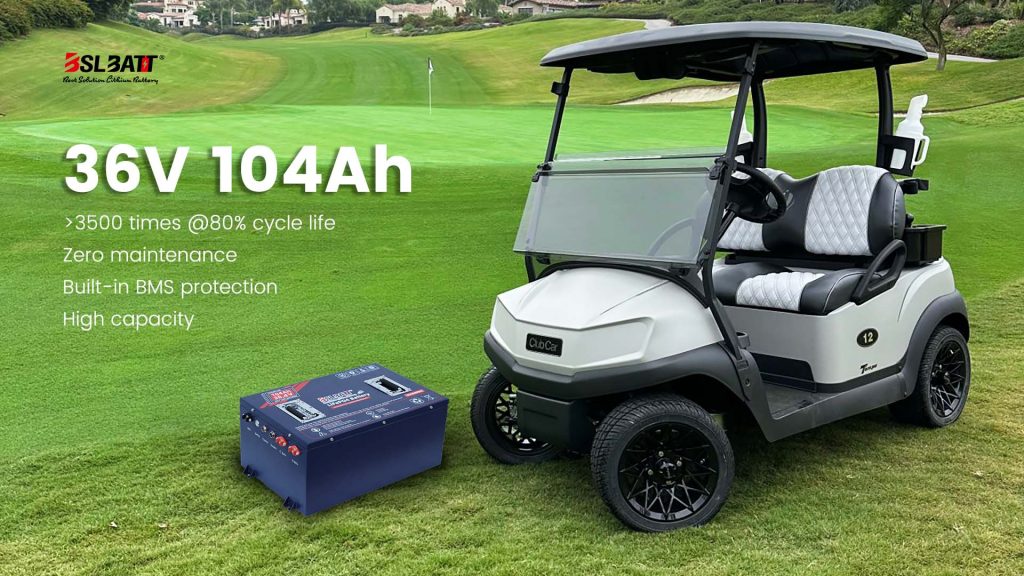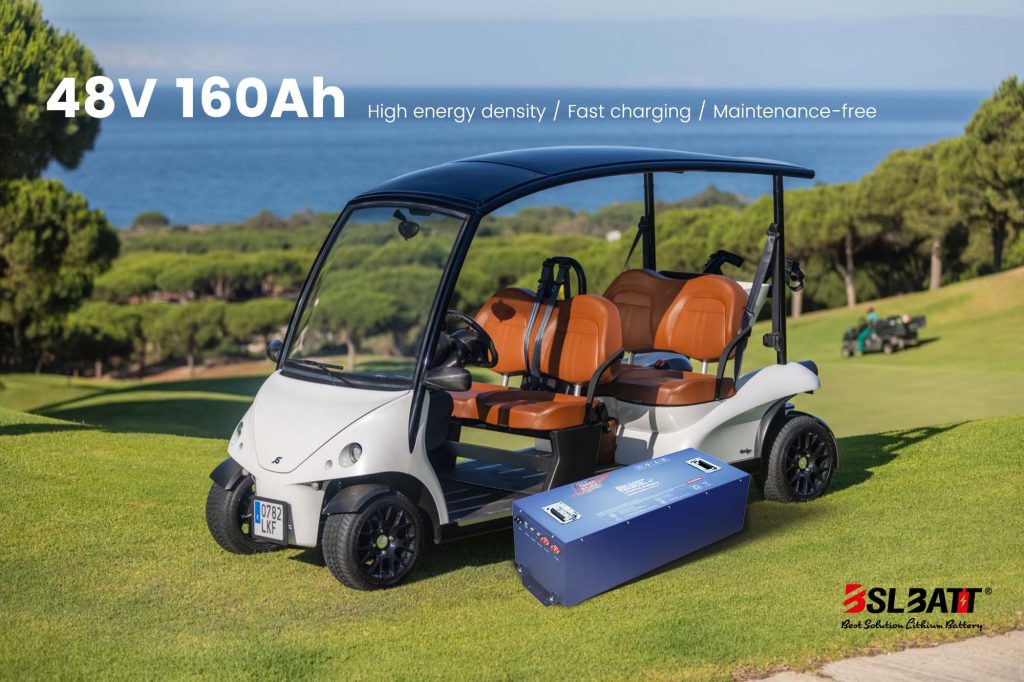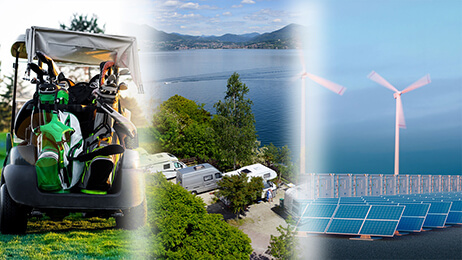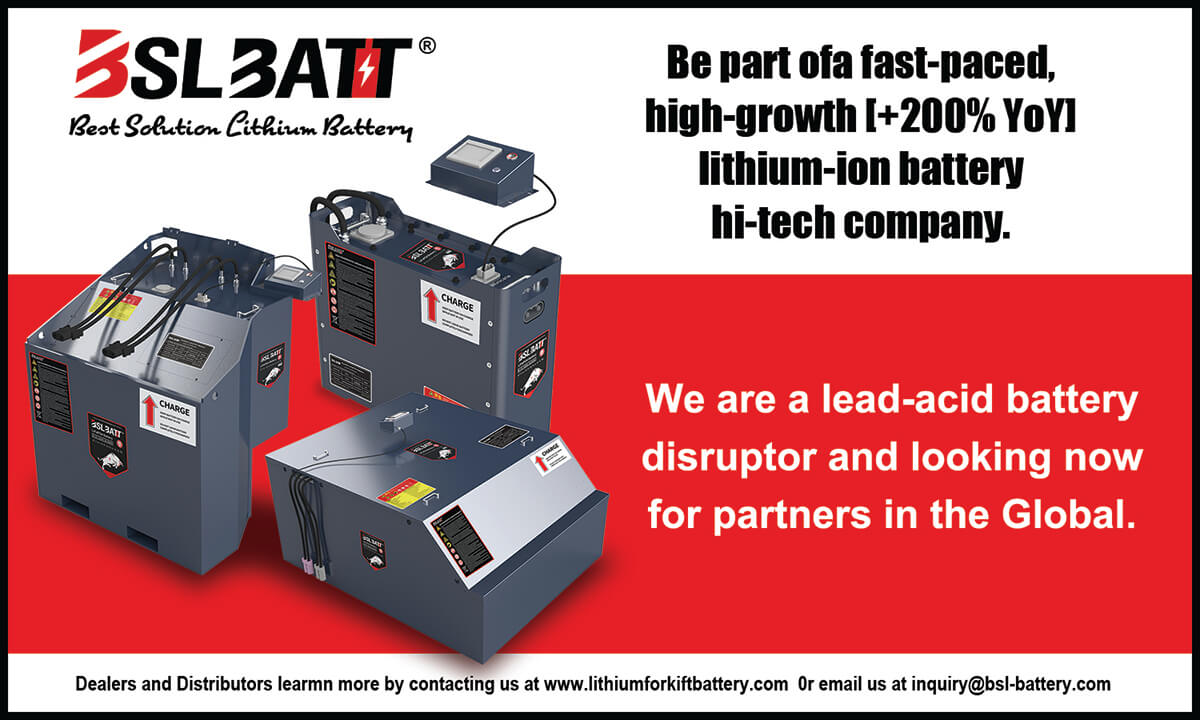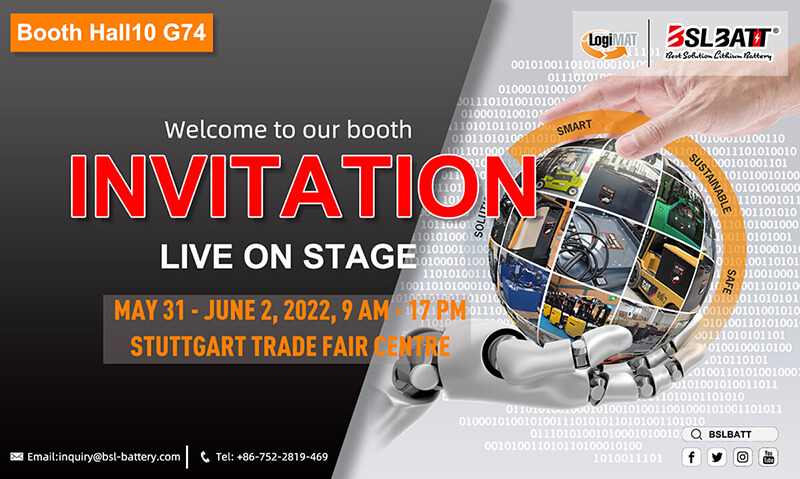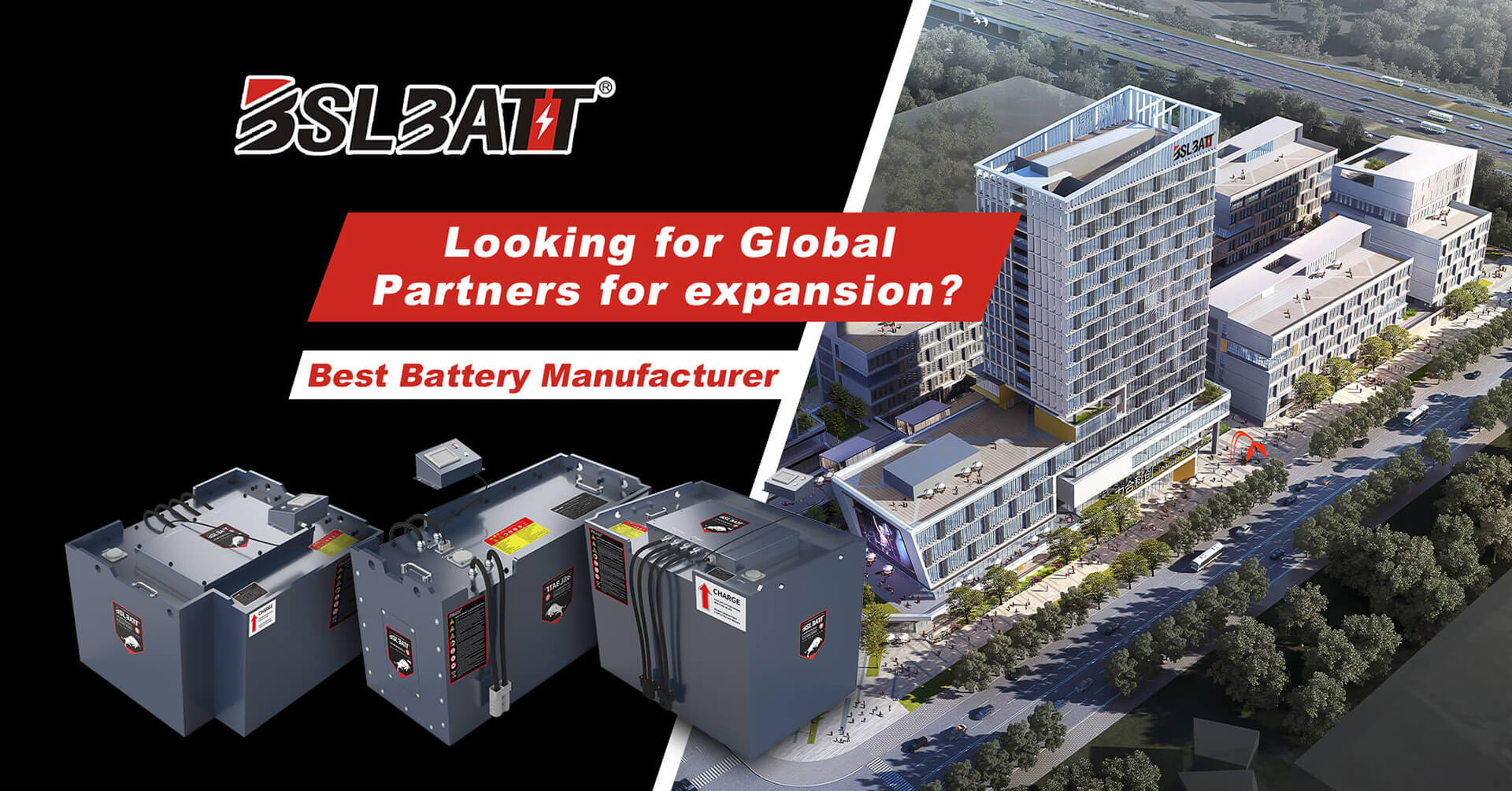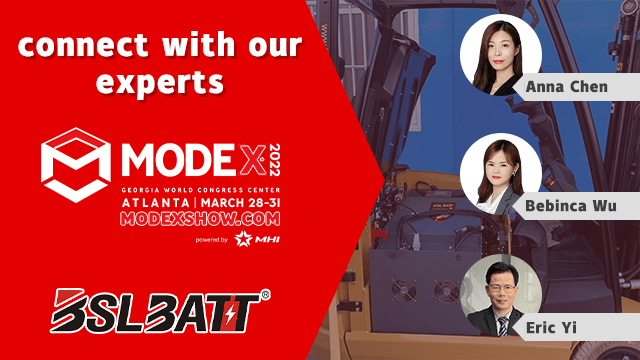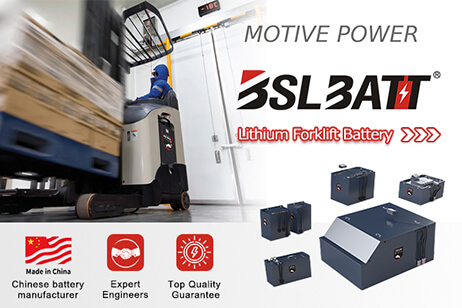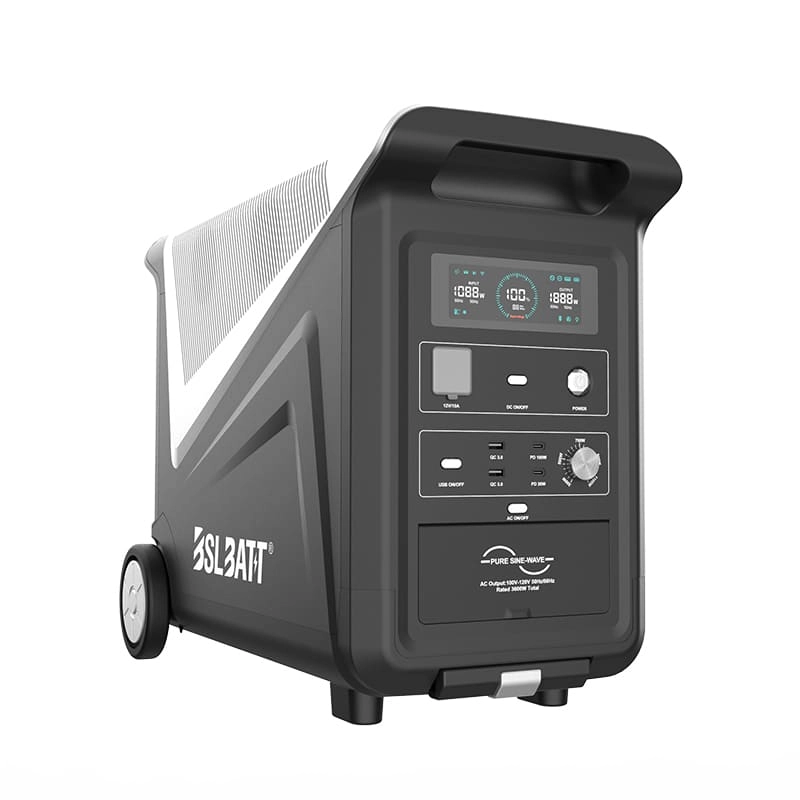Industry Application
Product Type
Be Prepared For Emergencies With BSLBATT Lithium Batteries
| As global warming increases and sea levels rise, natural disasters are also expected to increase. The predominant power source for when natural disasters strike is gasoline or diesel-powered generators. But what happens if you run out of fuel or do not have the means to transport a generator? In this week’s blog, we’ll review the best options for backup power and lithium battery emergencies. We’ll focus on easily transportable power sources that can be included in your bugout kit.
Related | Distributed energy resources offer global cities new challenges and new benefitsCan cities avoid long-lasting outages that can have a debilitating impact on the families, schools, hospitals, and businesses in a storm’s path? A microgrid— “localized grids that can disconnect from the traditional grid to operate autonomously and help mitigate grid disturbances to strengthen grid resilience,” according to the U.S. Department of Energy —is one solution that holds promise, whether on the mainland or in more remote locales. “Microgrids, including energy storage systems with lithium-ion batteries, can be important and resilient energy sources,” says Kenneth Boyce, principal engineer director for Energy and Power Technologies at UL. “They are especially impactful when used to help hard-hit locations withstand and recover from events causing severe or long-term power outages.” As we mentioned, traditional backup power systems are gas-powered generators with combustion engines. These engines create noise and emissions so they can only be used outdoors in well-ventilated areas. The initial cost notwithstanding, another drawback to generators is that they are not the most storage-friendly devices. Besides general maintenance like oil changes, fuel must be treated with additives to ensure it does not break down during storage. Generators should be run once for a couple of hours monthly to keep everything lubricated internally and charge the battery if one is included. Some generators might not be transportation-friendly either, with larger models weighing in at 100 pounds or more and taking up a lot of space. Generators do have one advantage though – with access to fuel, a generator can supply large quantities of power during an outage. Why lithium-ion batteries?Lithium-ion technology, the same technology used to power laptops and cell phones, is the most popular chemistry used in batteries today, because of the advantages it offers — the amount of energy in its footprint chief among them, Boyce says. Lithium has unique properties that make it especially useful for batteries. Striving to grow into a global llithium battery leader acknowledged and respected at home and abroad, BSLBATT® has for many years been in working hard on designing, developing, and manufacturing high-technology lithium batteries for lithium industry and specialized applications. Unlike a generator, lithium battery create no exhaust fumes so you can use them in a confined space with no ill effects. You can store them fully charged as long as you cycle them (discharge and recharge) them at least once every six months. lithium battery naturally discharge at about 3% per month and require very little maintenance. Keep in mind if you have not checked your batteries in a few months that the natural discharge rate will have lost some of their charge. Our lithium battery are also light, only weighing an average of about three pounds per amp hour. Their lightweight combined with a small footprint makes them easily transportable energy-dense power sources. Check out the table at the end of this blog for the models we think are great options for an lithium battery emergencies prep kit that can go with you.
Grid benefitsBecause they can operate while the main grid is down, microgrids can help mitigate grid disturbances; they also can function as a grid resource for faster system response and recovery. Another plus, microgrids “support a flexible and efficient electric grid by enabling the integration of growing deployments of distributed energy resources such as renewables like solar,” the U.S. Department of Energy notes. “The idea of coupling an energy source like solar and an energy source like lithium-ion creates a synergy so you can locally generate and store power,” Boyce says. “It can be a stationary product — solar panels on a roof for example — or it can be a mobile storage system, so you have more flexibility in case of a catastrophic event.” |
A Guide to Choosing the Best 48V Lithium Golf Cart Battery
Would it be worth investing in a 48V ...
10 Exciting Ways To Use Your 12V Lithium Batteries
Back in 2016 when BSLBATT first began designing what would become the first drop-in replacemen...
BSLBATT Battery Company Receives Bulk Orders from North American Customers
BSLBATT®, a China Forklift battery manufacturer specializing in the material handling indust...
Fun Find Friday: BSLBATT Battery is coming to another great LogiMAT 2022
MEET US! VETTER’S EXHIBITION YEAR 2022! LogiMAT in Stuttgart: SMART – SUSTAINABLE – SAF...
Looking for new Distributors and Dealers for BSL Lithium Batteries
BSLBATT battery is a fast-paced, high-growth (200% YoY ) hi-tech company that is leading the a...
BSLBATT to Participate at MODEX 2022 on March 28-31 in Atlanta, GA
BSLBATT is one of the largest developers, manufacturers, and integrators of lithium-ion batter...
What makes the BSLBATT the Superior Lithium Battery for your Motive Power needs?
Electric forklift and Floor Cleaning Machines owners who seek the ultimate performance will fi...








